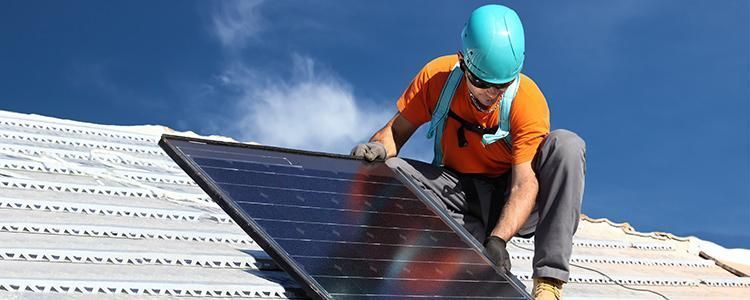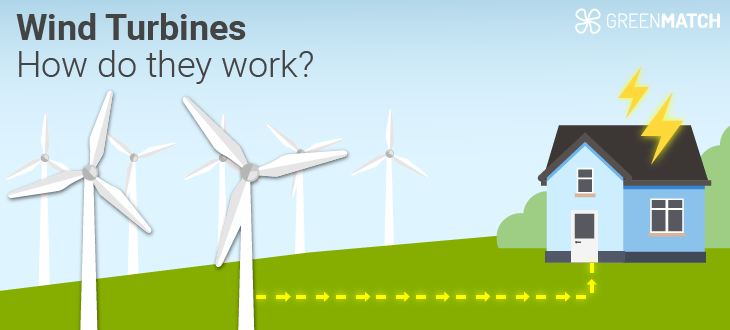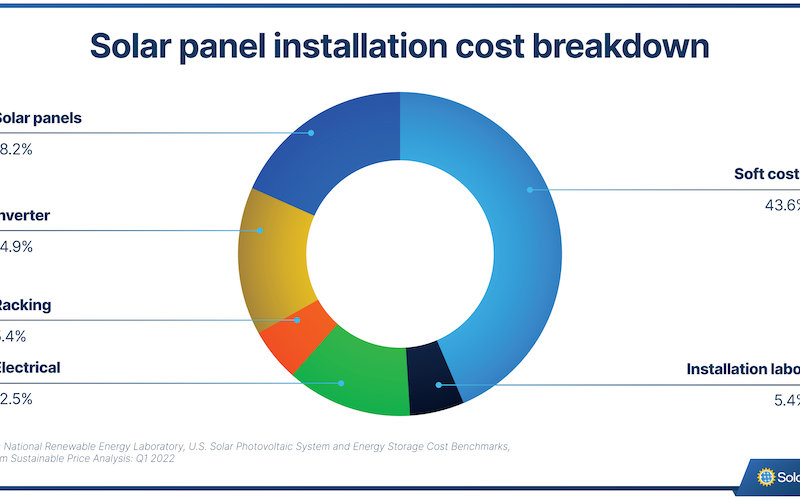Solar power systems have become increasingly popular as more and more homeowners are looking for ways to reduce their electricity bills and lower their carbon footprint. However, choosing the right solar power system for your home can be a daunting task. With so many options available in the market, it can be overwhelming to decide which system is best suited for your specific needs. In this article, we will discuss the factors to consider when choosing the best solar power system for your home.
Assess Your Energy Needs
The first step in choosing a solar power system for your home is to assess your energy needs. Take a look at your electricity bills over the past year to get an idea of how much energy your household consumes on average. This will help you determine the size of the solar power system you will need to meet your energy requirements.
Consider Your Roof Space
The amount of roof space available on your property will also play a crucial role in determining the size and type of solar power system you can install. Ideally, your roof should have enough space to accommodate the solar panels without any shading from nearby trees or buildings. If your roof is not suitable for solar panels, you may need to consider ground-mounted systems as an alternative.
Choose the Right Type of Solar Panels
There are different types of solar panels available in the market, each with its own set of features and benefits. Monocrystalline and polycrystalline panels are the most common types used for residential solar installations. Monocrystalline panels are more efficient and take up less space, while polycrystalline panels are more affordable but slightly less efficient. Thin-film panels are another option that can be a good choice for roofs with limited space or shading issues.
Consider the Warranty and Durability
When investing in a solar power system for your home, it is important to consider the warranty and durability of the components. Check the warranty period offered by the manufacturer for the solar panels, inverters, and other system components. A longer warranty period is an indication of the manufacturer’s confidence in the quality and durability of their products.
Look for Energy Efficiency and Performance
Energy efficiency and performance are key factors to consider when choosing a solar power system for your home. Look for panels with a high efficiency rating, which indicates how much sunlight they can convert into electricity. Also, consider the performance of the inverters and other system components to ensure that the system will operate optimally and maximize the energy output.
Get Multiple Quotes and Compare
Before making a decision, it is recommended to get multiple quotes from different solar power system installers. Compare the prices, warranties, and components offered by each installer to make an informed choice. Do not hesitate to ask questions and seek clarification on any doubts you may have about the system and installation process.
Consider Financing Options and Incentives
Financing a solar power system can be a significant investment, but there are several financing options available to make it more affordable. Look for financing programs, loans, or leasing options offered by solar installers or financial institutions. Also, check for any incentives, rebates, or tax credits available in your area to offset the initial cost of installing a solar power system.
Conclusion
Choosing the best solar power system for your home requires careful consideration of your energy needs, roof space, type of solar panels, warranty, energy efficiency, performance, and financing options. By following the tips outlined in this article, you can make an informed decision and select the right solar power system that will meet your energy requirements and provide long-term savings on your electricity bills.


